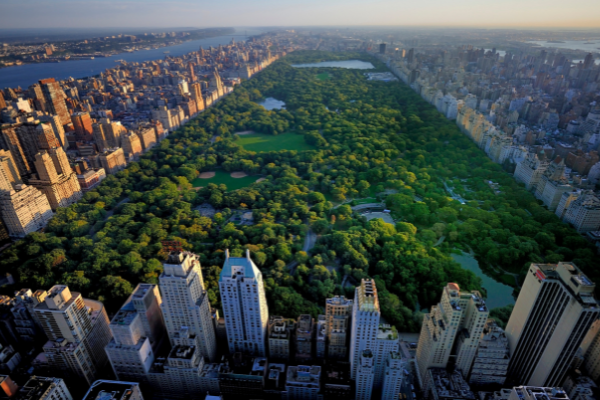We are ecstatic that New York City passed a groundbreaking bill that bans the use of toxic pesticides in city parks.
Thank you to Council members Ben Kallos and Carlina Rivera for introducing the bill and to our members who acted last year when we asked them to support the legislation and help move it forward.
Pesticides are nonselective and are harmful to wildlife, pollinators and humans. Studies show that the use of professionally applied pesticides is associated with a 70 percent higher risk of canine malignant lymphoma. Many pesticides are toxic to fish and other aquatic organisms as well as being toxic to bees, birds and other pollinators.
The bill authorizes the use of only biological pesticides (except in the case of some applicable exemptions) and bans all city agencies from spraying highly toxic pesticides, such as glyphosate, a key ingredient in Roundup, which was one of the city’s most heavily used liquid herbicide. Roundup was sprayed 1,365 times in 2013, according to a NYC health department report.
The World Health Organization’s International Agency for Research on Cancer classified glyphosate in 2015 as a “probably carcinogenic to humans” and concluded that the chemical likely causes a range of cancers, including non-Hodgkin lymphoma, renal cancers, skin cancers and pancreatic cancer.
In 2019, a jury in Oakland, California awarded a couple $2 billion in damages after finding that sustained exposure to Monsanto’s Roundup weed killer led to their cancer diagnoses. Other juries have reached similar verdicts.
“The nation is moving away from toxic pesticides and fossil-fuel-based fertilizers and toward natural management that’s good for our health, the environment and the planet,” Jay Feldman, executive director of Beyond Pesticides, a national advocacy group that pushed for the bill, told the New York Times.

